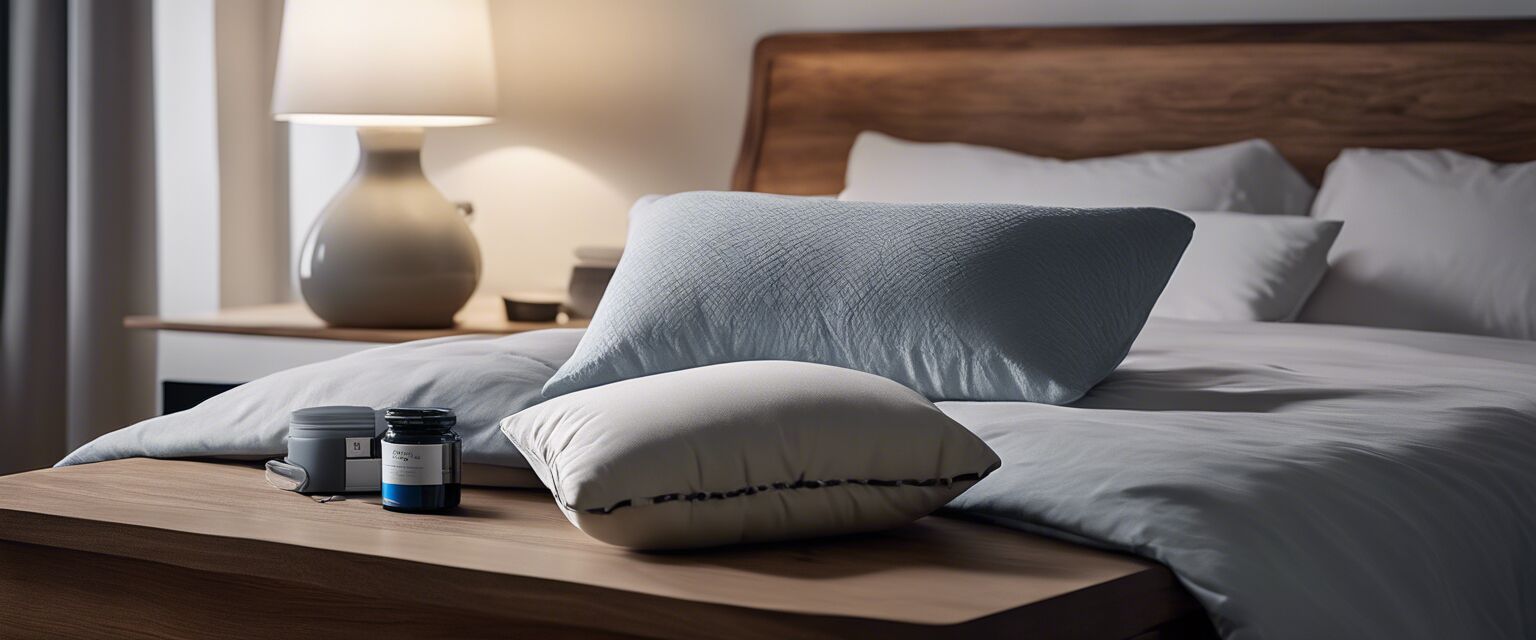
Lifestyle Changes to Reduce Snoring
Key Takeaways
- Understanding the causes and triggers of snoring can help in making proper lifestyle adjustments.
- Simple changes in weight, sleep position, and lifestyle habits may significantly reduce snoring.
- Consistent application of these changes can lead to quieter nights and better sleep quality.
Snoring can be disruptive not only to the person who snores but also to their partner and household members. Fortunately, there are several practical lifestyle modifications that can help minimize snoring. This article focuses on various changes you can make to your daily routine to achieve a quieter night's sleep.
Understanding Snoring
Before diving into lifestyle changes, it helps to understand what causes snoring. Snoring occurs when the flow of air through the mouth and nose is partially obstructed during sleep. Factors contributing to this obstruction can include anatomy, age, weight, and sleep position.
Effective Lifestyle Changes to Reduce Snoring
1. Maintain a Healthy Weight
Excess weight, especially around the neck, can put pressure on the airways, making you more prone to snoring. Hereâs how to adopt a healthier lifestyle:
- Incorporate fruits and vegetables into your daily diet.
- Engage in regular physical activity â aim for at least 30 minutes of exercise most days.
- Stay hydrated, as dehydration can lead to mucus buildup and worsen snoring.
2. Sleep Position Matters
How you sleep can significantly affect snoring. The following tips can help you adjust your sleep position:
- Try to sleep on your side instead of your back.
- Use a body pillow to maintain your side sleeping position.
- Consider an anti-snoring pillow to elevate your head and promote better airflow.

3. Limit Alcohol and Sedative Intake
Alcohol and sedatives relax the muscles in your throat, which can worsen snoring. Consider the following:
Pros
- Better muscle control while sleeping.
- Reduced chances of snoring.
Cons
- Social situations may become less enjoyable.
- May require finding alternative relaxation methods.
4. Establish a Sleep Routine
A consistent sleep schedule can promote better sleep quality. Hereâs how to establish a routine:
- Go to bed and wake up at the same time every day.
- Limit daytime naps to no longer than 30 minutes.
- Create a bedtime ritual to wind down, such as reading or meditating.

5. Elevate Your Head While Sleeping
Using extra pillows to elevate your head while sleeping can be beneficial. Additional options include:
- Investing in an adjustable bed frame.
- Utilizing specialized anti-snoring pillows.
Environmental Changes
1. Keep Your Bedroom Allergy-Free
Allergens can contribute to snoring by obstructing airways. Here are a few tips to keep your sleeping area clean:
- Regularly wash bedding in hot water to eliminate dust mites.
- Utilize an air purifier to reduce allergens in your room.
- Keep pets out of the bedroom to minimize dander exposure.
2. Stay Hydrated
Dehydration can lead to the throat becoming dry and increased mucus production. Here are some hydration tips:
- Drink plenty of water throughout the day.
- Avoid caffeinated drinks before bedtime as they may disrupt sleep.

Conclusion
Implementing these lifestyle changes can significantly help reduce snoring. Consider adjusting your sleep position, maintaining a healthy weight, and creating a calming sleep environment. If snoring persists despite these adjustments, seek advice from a healthcare professional.
Additional Resources
For further tips on anti-snoring solutions, explore our product categories:





